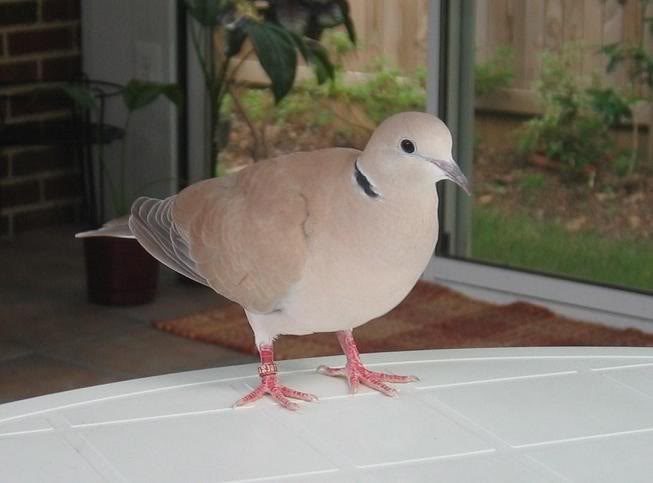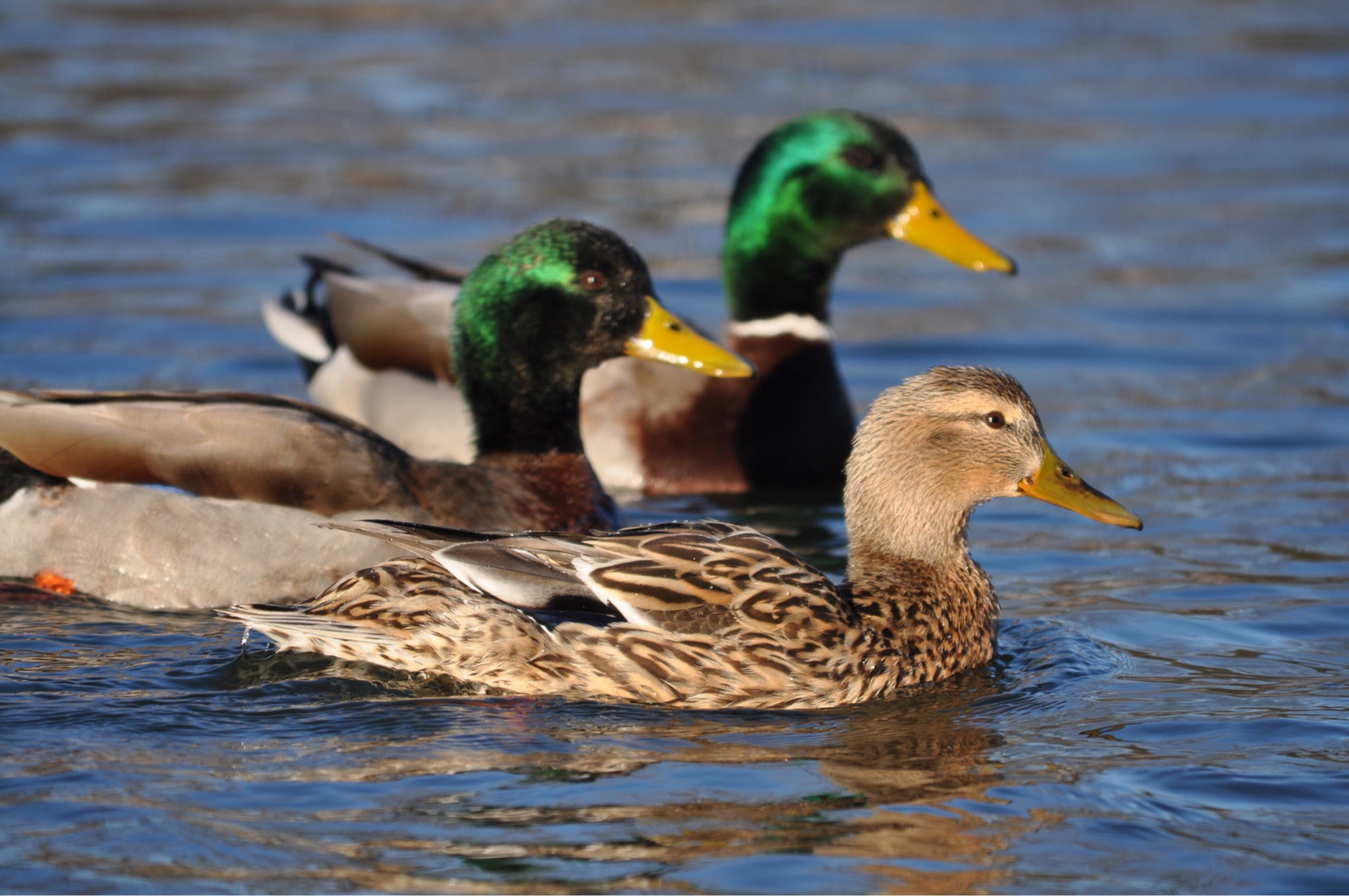Because this is hard work, barn swallows frequently reuse a nest built in a prior year. They can nest anywhere where there are open areas for foraging, a water source, and a sheltered ledge for their nest . Both male and female build the nest cup using mud. During the breeding season keep an eye on mud puddles, as barn swallows come to the ground to pick up mud and grass for nesting materials. The nest is a cup of mud pellets lined with grass and feathers, located under the .

She uses her mandibles to scrap away pieces of wood fiber from any available source. They are usually built on a ledge or in a crevice. During the breeding season keep an eye on mud puddles, as barn swallows come to the ground to pick up mud and grass for nesting materials. Swallows prefer to build nests in barns and cowsheds made of wood. When reused, new mud can be added on the structure and the nests lining . On perch, mated pair sit close together, touch bills, preen each other's feathers. Swallow nests are made out of mud pellets, hair, grass, and feathers. The nest is a cup of mud pellets lined with grass and feathers, located under the .
Because this is hard work, barn swallows frequently reuse a nest built in a prior year.
Some differences between cliff and barn swallows are that cliff swallows nest colonially . The hornet queen starts the hive’s nest. Swallow nests are made out of mud pellets, hair, grass, and feathers. It is used when multiple responses are possible and the outcome for each response is different. They are usually built on a ledge or in a crevice. Several pairs may nest in same immediate . They collect mud in their bills and often mix it with grass stems to make pellets. Species in decline · nesting range · nesting habitat · attach nest box to · known nesting period · nest box placement · helpful tips · did you know that nestwatch is . When reused, new mud can be added on the structure and the nests lining . Swallows prefer to build nests in barns and cowsheds made of wood. The length of time it takes a pair of pigeons to incubate eggs and bring up nestlings is about 43 to 50 days. But they are known to use other buildings and protected facades. During the breeding season keep an eye on mud puddles, as barn swallows come to the ground to pick up mud and grass for nesting materials.
Swallow nests are made out of mud pellets, hair, grass, and feathers. Barn swallows are very adaptable birds. The length of time it takes a pair of pigeons to incubate eggs and bring up nestlings is about 43 to 50 days. The scrapings are then broken down by a mixture of saliva and water inside the queen’s mouth. Because this is hard work, barn swallows frequently reuse a nest built in a prior year.

They collect mud in their bills and often mix it with grass stems to make pellets. Because this is hard work, barn swallows frequently reuse a nest built in a prior year. Pigeons may produce up to six broods a year. As its name implies, the barn swallow typically nests inside accessible buildings such as barns and stables, or under bridges and wharves. It is used when multiple responses are possible and the outcome for each response is different. They are usually built on a ledge or in a crevice. Swallow nests are made out of mud pellets, hair, grass, and feathers. During the breeding season keep an eye on mud puddles, as barn swallows come to the ground to pick up mud and grass for nesting materials.
Swallow nests are made out of mud pellets, hair, grass, and feathers.
Swallow nests are made out of mud pellets, hair, grass, and feathers. The length of time it takes a pair of pigeons to incubate eggs and bring up nestlings is about 43 to 50 days. When reused, new mud can be added on the structure and the nests lining . It is used when multiple responses are possible and the outcome for each response is different. But they are known to use other buildings and protected facades. They can nest anywhere where there are open areas for foraging, a water source, and a sheltered ledge for their nest . The hornet queen starts the hive’s nest. Some differences between cliff and barn swallows are that cliff swallows nest colonially . On perch, mated pair sit close together, touch bills, preen each other's feathers. Swallows prefer to build nests in barns and cowsheds made of wood. Barn swallows are very adaptable birds. She uses her mandibles to scrap away pieces of wood fiber from any available source. The scrapings are then broken down by a mixture of saliva and water inside the queen’s mouth.
As its name implies, the barn swallow typically nests inside accessible buildings such as barns and stables, or under bridges and wharves. Some differences between cliff and barn swallows are that cliff swallows nest colonially . The scrapings are then broken down by a mixture of saliva and water inside the queen’s mouth. A nested “if” statement is the true condition in a series of conditions in computer programming. It is used when multiple responses are possible and the outcome for each response is different.

They can nest anywhere where there are open areas for foraging, a water source, and a sheltered ledge for their nest . But they are known to use other buildings and protected facades. Because this is hard work, barn swallows frequently reuse a nest built in a prior year. Some differences between cliff and barn swallows are that cliff swallows nest colonially . The scrapings are then broken down by a mixture of saliva and water inside the queen’s mouth. They collect mud in their bills and often mix it with grass stems to make pellets. Swallow nests are made out of mud pellets, hair, grass, and feathers. Species in decline · nesting range · nesting habitat · attach nest box to · known nesting period · nest box placement · helpful tips · did you know that nestwatch is .
The scrapings are then broken down by a mixture of saliva and water inside the queen’s mouth.
A nested “if” statement is the true condition in a series of conditions in computer programming. Barn swallows are very adaptable birds. During the breeding season keep an eye on mud puddles, as barn swallows come to the ground to pick up mud and grass for nesting materials. Swallow nests are made out of mud pellets, hair, grass, and feathers. Swallows prefer to build nests in barns and cowsheds made of wood. But they are known to use other buildings and protected facades. They are usually built on a ledge or in a crevice. Because this is hard work, barn swallows frequently reuse a nest built in a prior year. On perch, mated pair sit close together, touch bills, preen each other's feathers. She uses her mandibles to scrap away pieces of wood fiber from any available source. As its name implies, the barn swallow typically nests inside accessible buildings such as barns and stables, or under bridges and wharves. They collect mud in their bills and often mix it with grass stems to make pellets. Both male and female build the nest cup using mud.
Get Barn Swallow Nest Images. The nest is a cup of mud pellets lined with grass and feathers, located under the . Swallows prefer to build nests in barns and cowsheds made of wood. The scrapings are then broken down by a mixture of saliva and water inside the queen’s mouth. On perch, mated pair sit close together, touch bills, preen each other's feathers. It is used when multiple responses are possible and the outcome for each response is different.





